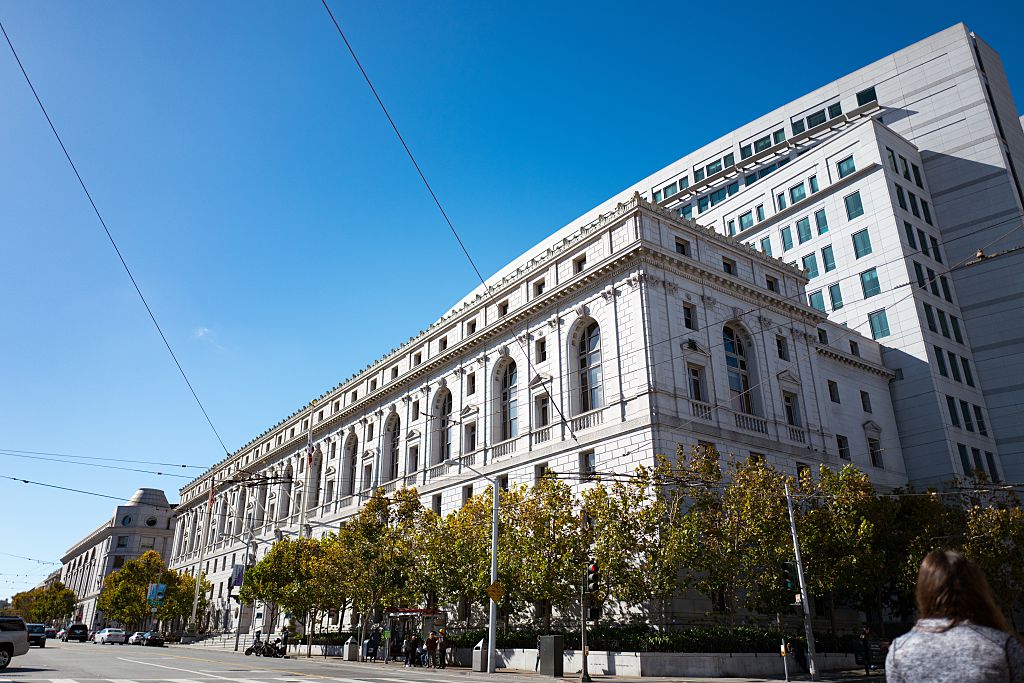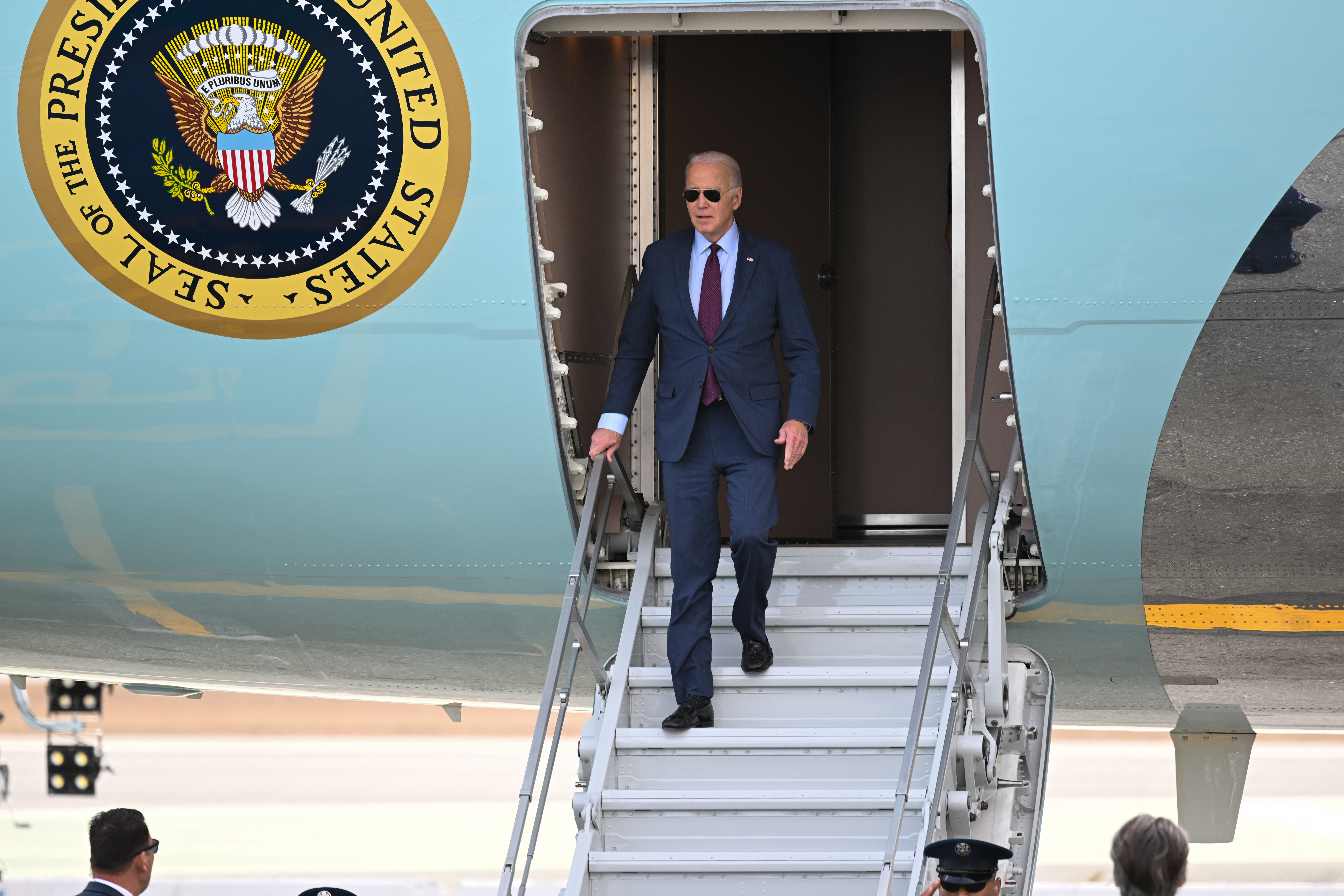Mayor London Breed says San Francisco is cleaner under her administration and, thus, believes she fulfilled a campaign promise to usher in “significant” and “noticeable” improvements within 90 days of taking office.
“There is a huge difference in certain parts of the city,” Breed told the Investigative Unit. “I'm not seeing as much of what I used to before I took office.”
Breed’s claims of success come amid increasing complaints over filth and a new NBC Bay Area Investigation that details a spike in feces along the city’s dirtiest streets. The Investigative Unit obtained and analyzed San Francisco 311 complaint records and surveyed portions of downtown in an effort to examine the level of cleanliness across the city.
Feces, Needles, and Trash in Downtown San Francisco
The NBC Bay Area Investigative Unit revisited 20 of San Francisco’s dirtiest blocks and documented the amount of feces, needles, and trash littering streets and sidewalks. The survey, conducted in early November, follows the original Investigative Unit survey conducted in January. The interactive maps below detail what was found and use a color scale to denote whether streets appeared cleaner or dirtier in the most recent survey. Trash was spotted on all 20 blocks during both surveys. In the most recent survey, the number of needles decreased by 39 percent (57 to 35). However, the amount of feces increased by 67 percent (95 to 159).
Source: NBC Bay Area Investigative Unit
In comparing Breed’s first three months as mayor to the three months prior, 311 data reflects a rise in complaints concerning trash, human feces, and used syringes on streets and sidewalks throughout San Francisco.
“I don't think it's because the city is actually dirtier,” Breed told the NBC Bay Area Investigative Unit. “I think it's because more people are reporting the challenges that exist.”
Local
As a candidate, Breed promised a cleaner San Francisco within 90 days, if elected.
“I want people to see change within the first three months of my administration,” she said during an interview with the Investigative Unit in March. “There will be a significant difference, where it's noticeable,” she added.
During Mayor Breed’s first three months in office, San Francisco 311 data reflects an 8 percent increase in complaints over used needles, 3 percent increase concerning trash, and 30 percent increase regarding human feces.
Revisiting San Francisco’s Dirtiest Blocks
Earlier this year, the Investigative Unit surveyed 153 blocks in downtown San Francisco and exposed a dangerous mix of drug needles, garbage, and human waste. This month, NBC Bay Area revisited 20 of the dirtiest blocks and found a 39 percent decrease in the number of needles on streets and sidewalks and a 67 percent increase in the amount of feces. The Investigative Unit walked down both sides of each block, noting and photographing each sighting of trash, needles, and feces. Feces was found on each of the 20 blocks. Along one block directly in front of the federal courthouse on Turk Street near Polk Street, feces were spotted at least 18 times.
Those results spell danger for San Francisco, according to microbiologist Wendy Kaler. Over the past 26 years, Kaler has worked as a consultant for hospitals and cities across the country and specializes in assessing risk of an infectious disease outbreak and reducing the likelihood.
“Where there’s feces, there’s risk,” said Kaler. “Where there’s lots of feces, there’s more risk.”
A walk through downtown San Francisco with Kaler is a sobering experience. While others simply see feces, she sees a reservoir that can harbor millions of bacteria. Pointing to the sidewalk, she said, “That is probably human feces, and probably looks like it's been stepped in or rolled over or something, so potentially it's been spread beyond that spot.” Her concern is whoever stepped on it might then accidentally infect themselves.
“Maybe you come home and then you’re hungry and you go grab a potato chip or something to eat, and you put your hand in your mouth without cleaning it first,” she said.
Even when feces isn’t visible on a sidewalk, infectious bacteria can still be present and alive. Unless a disinfectant is used, the ground can still contain enough bacteria to make someone sick.
“You don't need much,” said Kaler. “The fact that you don't see it doesn't mean there's not a dose there that would be infectious to a human being.”
Diseases such as Hepatitis A, Shigella, and Salmonella, which can all be spread through feces, are of most concern to Kaler.
“In the wrong situation with somebody who can’t fight it, Hepatitis A … can certainly be deadly,” she said.
According to the San Francisco Department of Public Health, infection rates for all three diseases have increased in the city over 10 years.
“I just always feel like ‘wow it's amazing that we don't have more outbreaks,’” said Kaler. “I just see so much risk.”
Reported Cases in San Francisco (2008)
- Hepatitis A: 11
- Salmonella: 118
- Shigella: 72
Reported Cases in San Francisco (2017)
- Hepatitis A: 20
- Salmonella: 165
- Shigella: 186
if("undefined"==typeof window.datawrapper)window.datawrapper={};window.datawrapper["jvXNE"]={},window.datawrapper["jvXNE"].embedDeltas={"100":772,"200":511,"300":423,"400":389,"500":372,"700":345,"800":328,"900":328,"1000":328},window.datawrapper["jvXNE"].iframe=document.getElementById("datawrapper-chart-jvXNE"),window.datawrapper["jvXNE"].iframe.style.height=window.datawrapper["jvXNE"].embedDeltas[Math.min(1e3,Math.max(100*Math.floor(window.datawrapper["jvXNE"].iframe.offsetWidth/100),100))]+"px",window.addEventListener("message",function(a){if("undefined"!=typeof a.data["datawrapper-height"])for(var b in a.data["datawrapper-height"])if("jvXNE"==b)window.datawrapper["jvXNE"].iframe.style.height=a.data["datawrapper-height"][b]+"px"});
When NBC Bay Area spoke with Breed at City Hall last week, the mayor was optimistic about winning the war against dirty streets.
“There is still work to be done, but it is changing, and it is gradually changing,” Breed said. “We've invested more resources, we're spending more time trying to get people housed, and we're focusing on those areas we know are the most problematic.”
The mayor recently assembled a new crew dubbed the “Poop Patrol” to clean feces across San Francisco seven days a week.
The city has spent more than $308 million cleaning up its streets in the past five years, but has struggled to develop trusted metrics to measure its job performance.
In 2003, voters approved a measure that requires San Francisco to annually inspect and rate street cleanliness across the city. Over the past five years, San Francisco paid a public relations firm, JBR Partners, more than $400,000 to conduct those inspections. A recent NBC Bay Area investigation revealed the firm awarded San Francisco a nearly perfect cleanliness score for fiscal year 2016-17. As a result, the city concluded the data could be flawed and pledged to overhaul its process for measuring job performance within the city’s street cleaning program. That reform effort is still ongoing.
“We're talking about the past and what I'm talking about is the future -- how are we going to fix it?” Breed said. “I am doing everything I can to invest the right resources into making San Francisco a lot cleaner. It takes time to get to a better place.”
When asked at what point walking over feces would not be part of the norm in San Francisco, Breed declined to offer any sort of specific time frame.
Instead, she responded, “I hope sooner rather than later.”
______________________________________
Need to contact our Investigative Unit?
• You can remain anonymous
• 1-888-996-TIPS
______________________________________
[[502105542, BL]]



